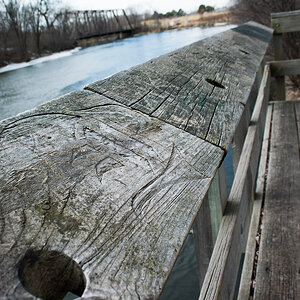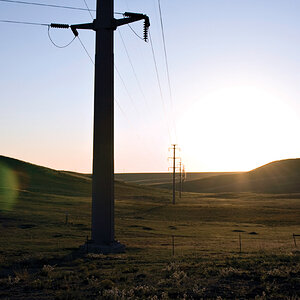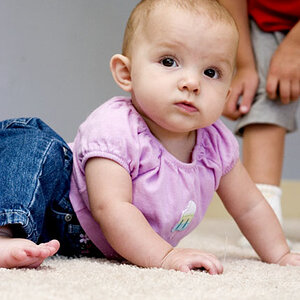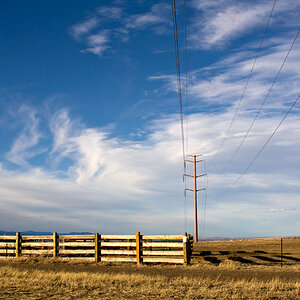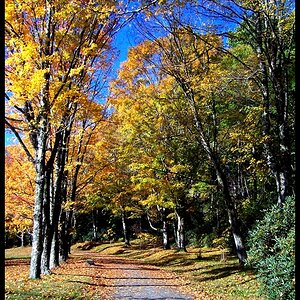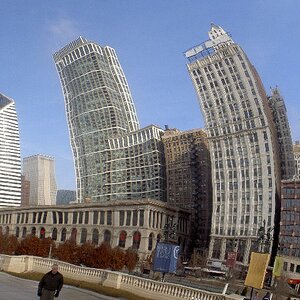cactus waltz
TPF Noob!
- Joined
- Oct 20, 2004
- Messages
- 170
- Reaction score
- 0
Good day fellow forumites,
I am on the fence regarding buying a DSLR but I want to sure I understand all the basics first. My question is: is it dangerous to point a camera directly at the sun? I believe that it's damaging the sensor on compact cameras. Do I need to buy a filter or such to avoid this?
Are there other "outside" dangers I should concider?
I am on the fence regarding buying a DSLR but I want to sure I understand all the basics first. My question is: is it dangerous to point a camera directly at the sun? I believe that it's damaging the sensor on compact cameras. Do I need to buy a filter or such to avoid this?
Are there other "outside" dangers I should concider?


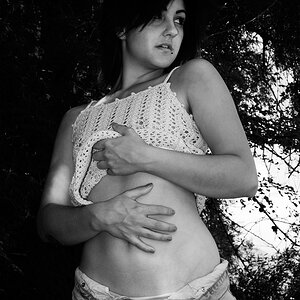
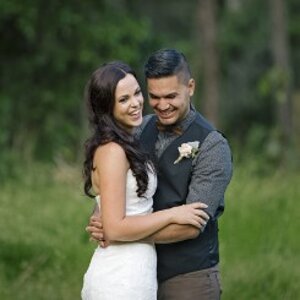
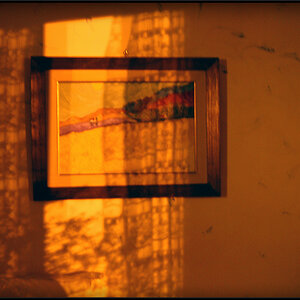
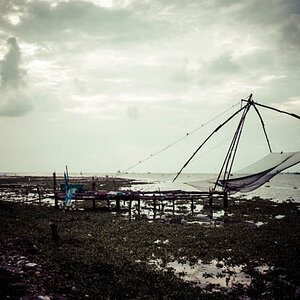
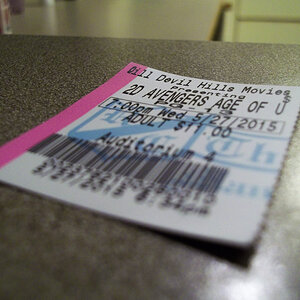
![[No title]](/data/xfmg/thumbnail/42/42452-e36799eaff36dca02ffc57ce660e5e20.jpg?1619740190)
